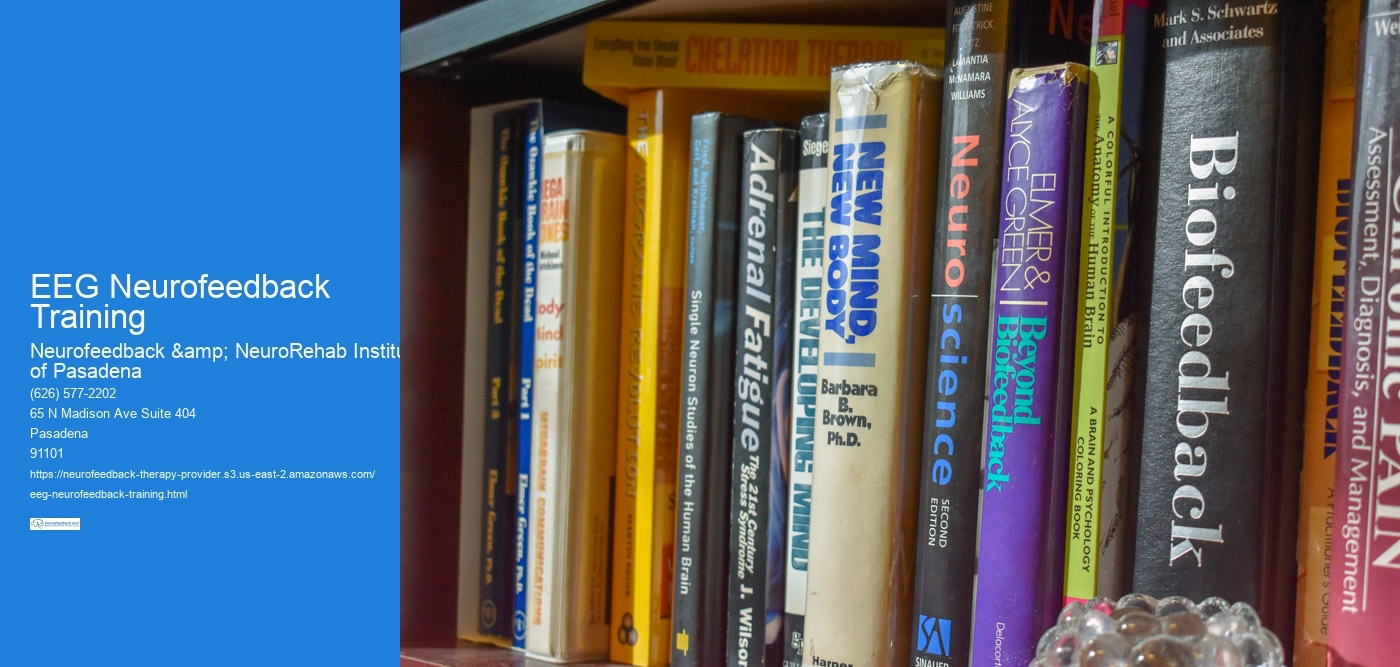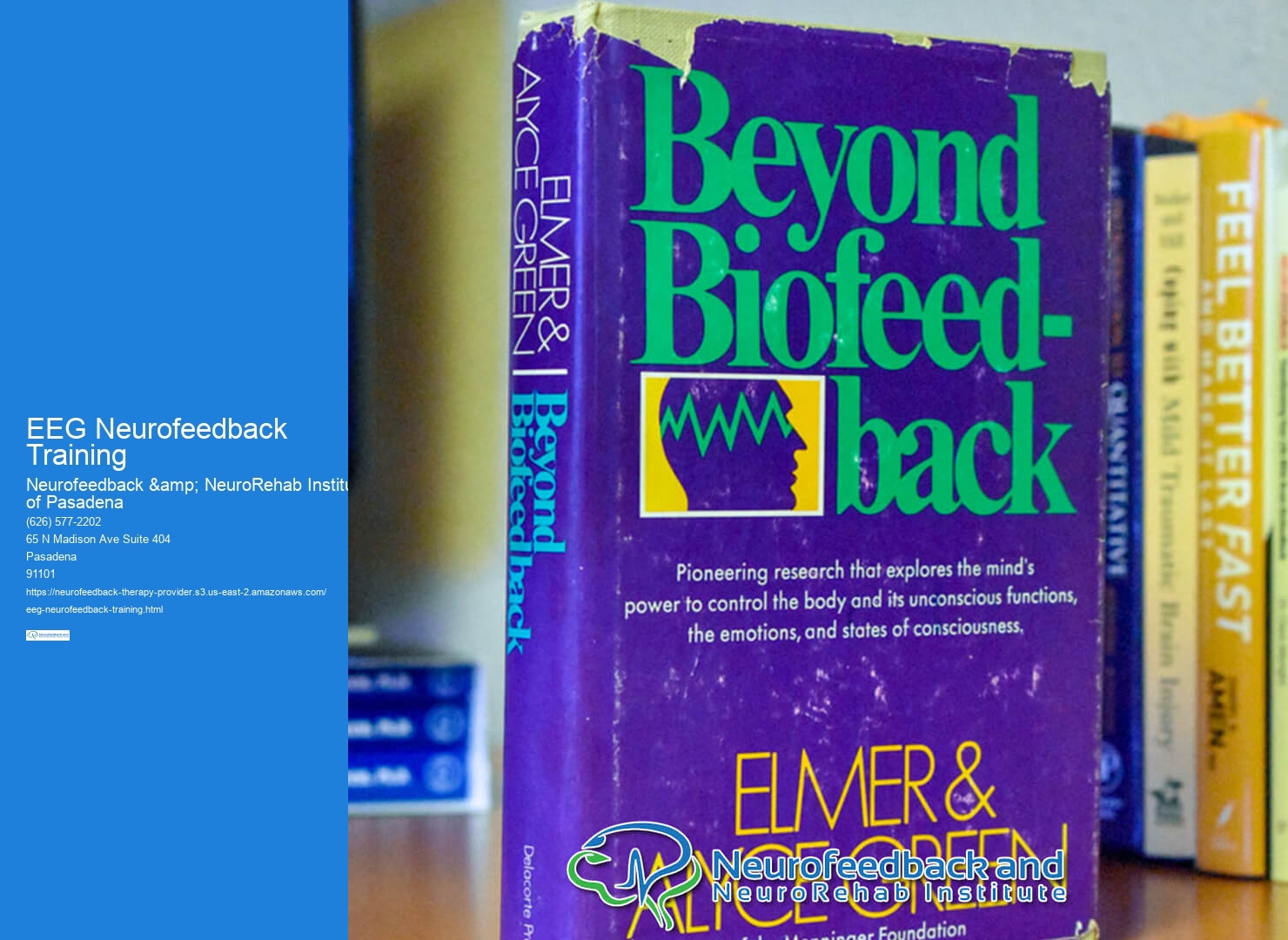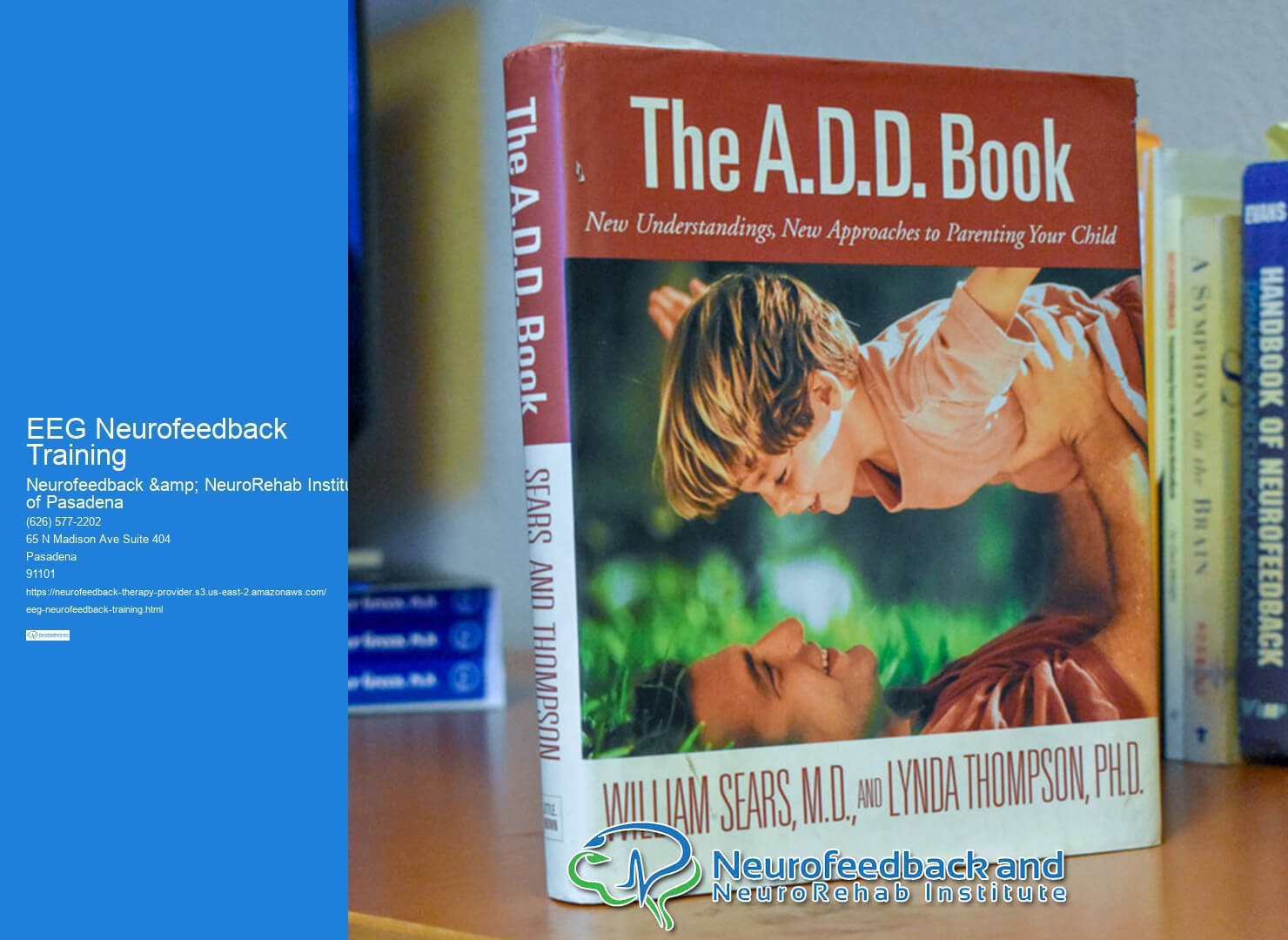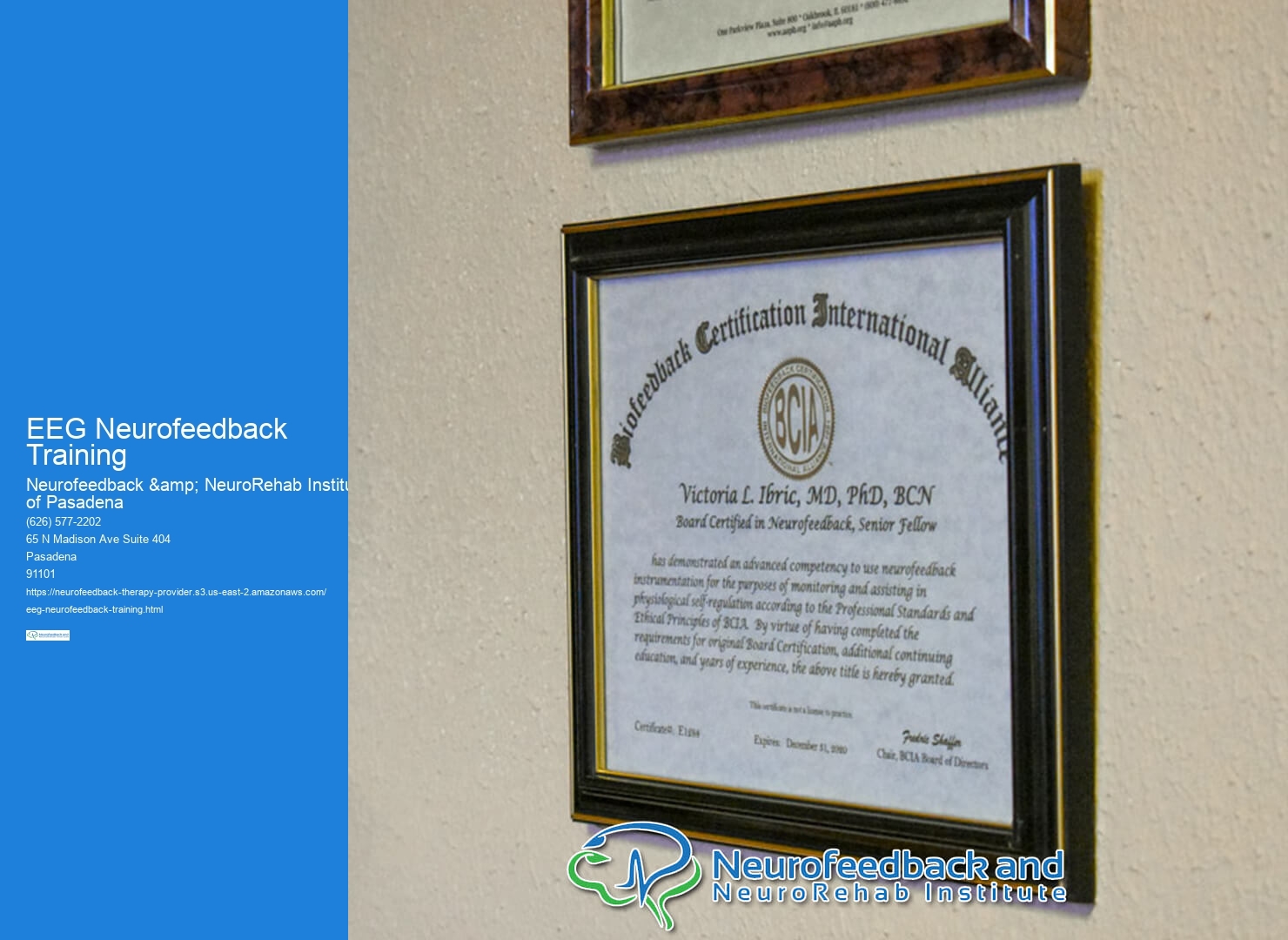

EEG neurofeedback training targets and improves brainwave patterns associated with attention and focus by utilizing operant conditioning principles to modulate specific brainwave frequencies, such as beta and theta waves. Neurofeedback Coach Through real-time monitoring of brainwave activity, individuals are provided with auditory or visual feedback when their brainwaves reach the desired patterns associated with attention and focus. This reinforcement mechanism helps the brain learn to self-regulate and maintain optimal brainwave patterns, leading to improved attention and focus over time.
Specific protocols and techniques used in EEG neurofeedback training to address symptoms of anxiety and stress include training to regulate alpha and beta brainwave frequencies, as well as enhancing coherence between different brain regions. By providing individuals with real-time feedback on their brainwave activity, they can learn to modulate their brainwave patterns associated with relaxation and stress reduction. This can lead to decreased anxiety symptoms and improved stress management through the reinforcement of desired brainwave patterns.
Neurotherapy SpecialistEEG neurofeedback training can be tailored to address specific cognitive impairments, such as memory and learning difficulties, by targeting brainwave frequencies associated with memory consolidation and information processing. Through neurofeedback protocols focused on enhancing theta and gamma wave activity, individuals can work towards improving memory and learning abilities by reinforcing the brain's optimal patterns for these cognitive functions.

EEG neurofeedback training differs from traditional medication-based treatments for conditions like ADHD and depression by directly targeting and modulating brainwave activity, rather than relying on pharmaceutical intervention. This non-invasive approach aims to train the brain to self-regulate and maintain optimal brainwave patterns associated with improved attention, mood regulation, and emotional stability, offering an alternative or complementary treatment option to medication-based approaches.
Brainwave Therapy CenterEEG neurofeedback training aims to regulate specific brainwave frequencies and patterns, such as alpha and delta waves, for improved sleep quality and insomnia management. By providing individuals with real-time feedback on their brainwave activity during neurofeedback sessions, they can learn to modulate their brainwave patterns associated with relaxation and deep sleep, potentially leading to enhanced sleep quality and better management of insomnia symptoms.

EEG neurofeedback training specifically addresses symptoms of PTSD and trauma-related mental health issues by targeting brainwave patterns associated with emotional regulation and stress response. Through neurofeedback protocols focused on modulating alpha and theta wave activity, individuals can work towards reducing hyperarousal and enhancing emotional resilience, potentially leading to improved symptom management and recovery from trauma-related mental health challenges.
Neurofeedback CenterResearch findings and evidence supporting the effectiveness of EEG neurofeedback training for managing symptoms of migraines and chronic pain demonstrate the potential of neurofeedback to modulate brainwave patterns associated with pain perception and pain modulation. By targeting specific brainwave frequencies, such as beta and theta waves, individuals may experience reduced pain intensity and improved pain management, as indicated by studies showing promising results in alleviating migraine symptoms and chronic pain conditions through EEG neurofeedback training.
Brainwave Therapy Practitioner
Neurofeedback, also known as EEG biofeedback, is a non-invasive technique that aims to improve brainwave coherence by providing real-time feedback on brainwave activity. Through the use of specialized equipment, individuals are able to observe and regulate their brainwave patterns, promoting greater synchronization and coherence among different brain regions. This process involves the modulation of specific frequency bands, such as alpha, beta, theta, and delta waves, to enhance overall brainwave coherence. By targeting and training specific brainwave patterns, neurofeedback can help individuals achieve a more balanced and harmonious brainwave activity, leading to potential improvements in cognitive function, emotional regulation, and overall well-being.
Neurofeedback has shown promise in aiding substance abuse recovery by targeting the brain's neural pathways associated with addiction. Research suggests that neurofeedback can help individuals regulate their emotions, reduce cravings, and improve impulse control, all of which are crucial in overcoming substance abuse. By utilizing neurofeedback, individuals can learn to self-regulate their brain activity, leading to improved cognitive function and emotional stability. This non-invasive technique has been found to be effective in addressing the underlying neurological imbalances that contribute to substance abuse, offering a holistic approach to recovery. Additionally, neurofeedback can complement traditional therapies, such as counseling and medication, to enhance the overall treatment outcomes for individuals seeking recovery from substance abuse.
Yes, neurofeedback has been found to be effective in improving sleep quality. By utilizing neurofeedback training, individuals can learn to regulate their brainwave patterns, which can lead to better sleep patterns and overall improved sleep quality. Neurofeedback can help individuals address issues such as insomnia, restless sleep, and difficulty falling asleep. By targeting specific brainwave frequencies and training the brain to achieve a more balanced and relaxed state, neurofeedback can contribute to better sleep hygiene and overall well-being. Additionally, neurofeedback can help individuals manage stress, anxiety, and other factors that may be impacting their sleep, leading to a more restful and rejuvenating sleep experience.